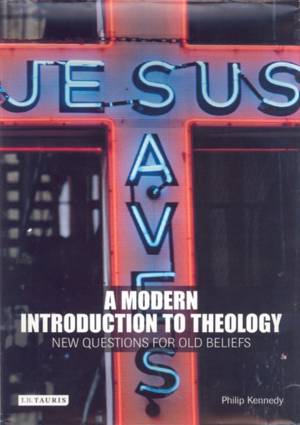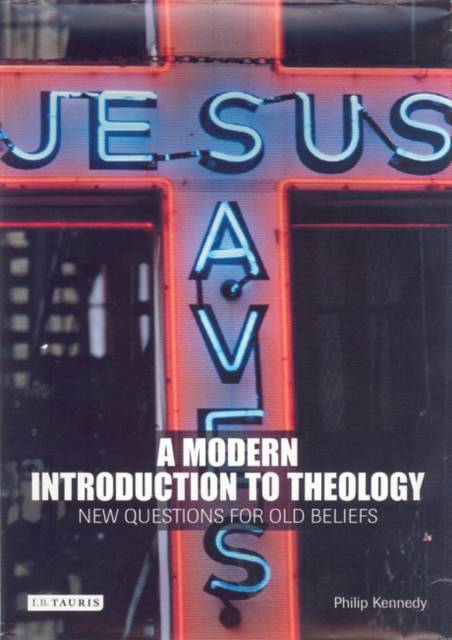
- Afhalen na 1 uur in een winkel met voorraad
- Gratis thuislevering in België vanaf € 30
- Ruim aanbod met 7 miljoen producten
- Afhalen na 1 uur in een winkel met voorraad
- Gratis thuislevering in België vanaf € 30
- Ruim aanbod met 7 miljoen producten
Zoeken
Omschrijving
Philip Kennedy, here, offers the first book that any student - with or without religious convictions - can profitably use to get quickly to grips with the essentials of the Christian religion: its history and its key thinkers, its successes and its failures. Most existing undergraduate textbooks of theology begin from essentially traditional positions on the Bible, doctrine, authority, interpretation, and God. What makes Philip Kennedy's book both singularly important and uniquely different is that it has a completely new starting-point. The author contends that traditional Christian theology must extensively overhaul many of its theses because of a multitude of modern social, historical and intellectual revolutions. Offering a grand historical sweep of the genesis of the modern age, and writing with panache and a magisterial grasp of the relevant debates, conflicts and controversies, "A Modern Introduction to Theology" moves a tired and increasingly incoherent discipline in genuinely fresh and exciting directions, and will be welcomed by students and readers of the subject.
Specificaties
Betrokkenen
- Auteur(s):
- Uitgeverij:
Inhoud
- Aantal bladzijden:
- 290
- Taal:
- Engels
- Reeks:
Eigenschappen
- Productcode (EAN):
- 9781845110109
- Verschijningsdatum:
- 2/02/2006
- Uitvoering:
- Paperback
- Formaat:
- Trade paperback (VS)
- Afmetingen:
- 174 mm x 243 mm
- Gewicht:
- 535 g

Alleen bij Standaard Boekhandel
+ 71 punten op je klantenkaart van Standaard Boekhandel
Beoordelingen
We publiceren alleen reviews die voldoen aan de voorwaarden voor reviews. Bekijk onze voorwaarden voor reviews.











